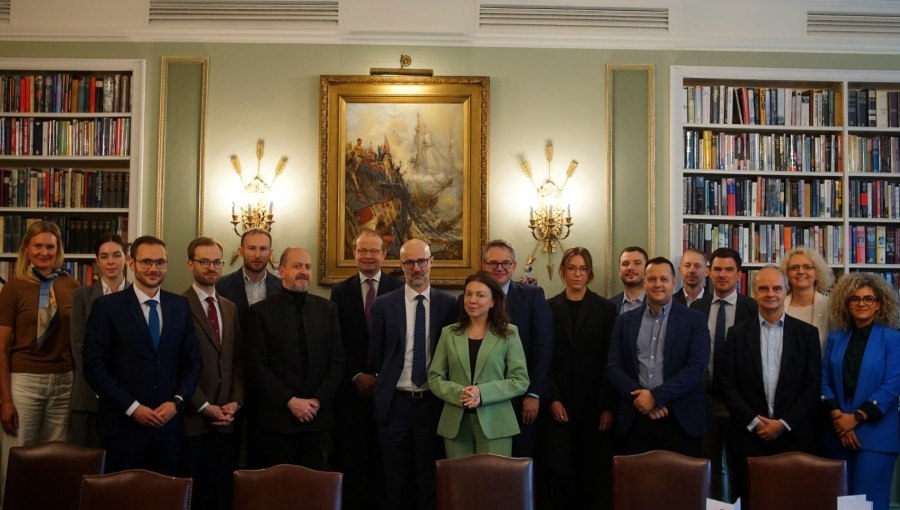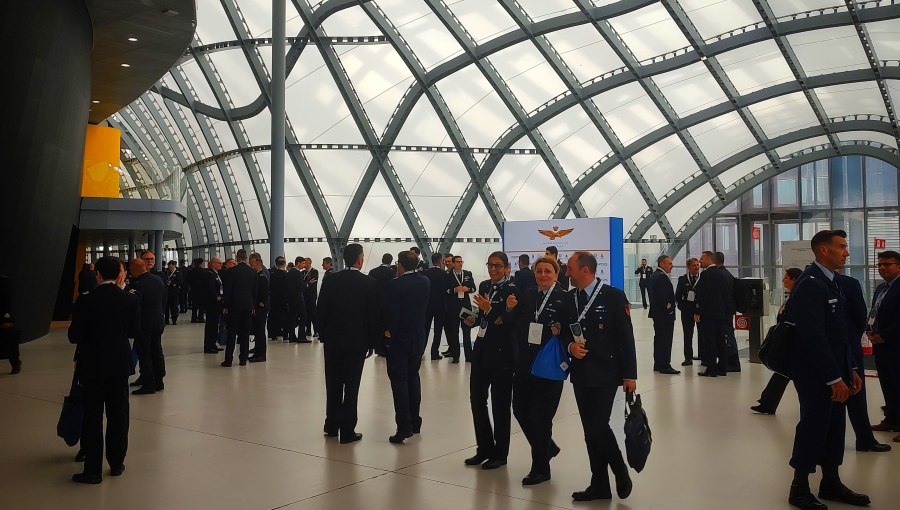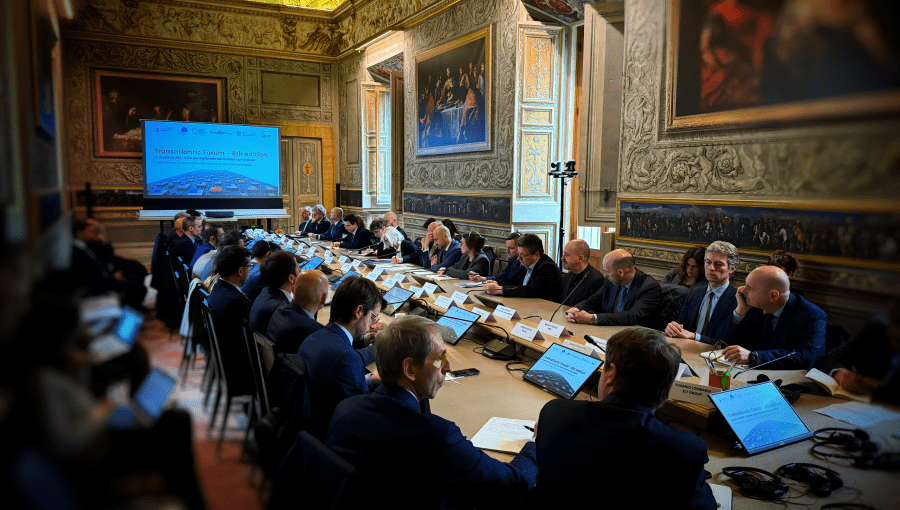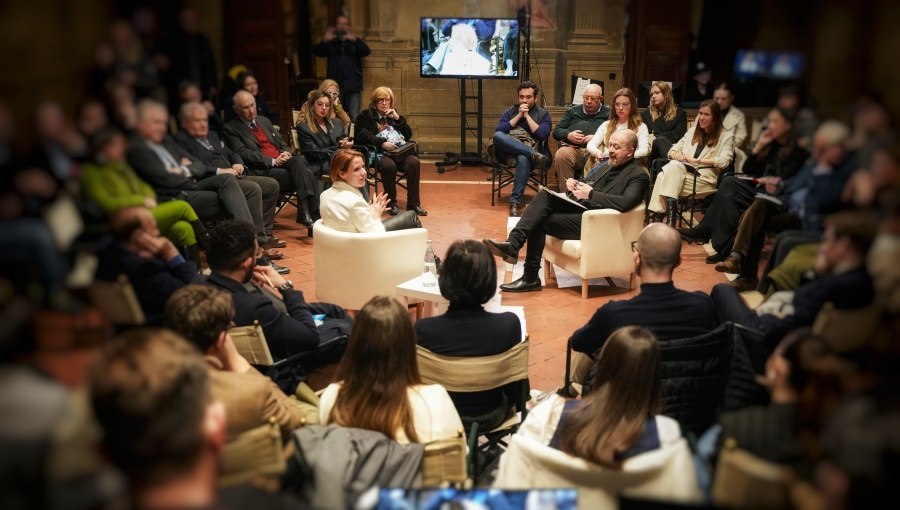Director Joins London Roundtable with Ukrainian Government on Information Warfare
On June 6 and 7, 2025, the Director of the Institute of Future and Innovation Studies Francesco Lapenta participated in a high-level, closed-door roundtable on The Future of the Information Environment and Democracy, held at the Army and Navy Club in London. Convened under the Chatham House Rule, the meeting brought together 25 experts from across Europe and the transatlantic space for an in-depth discussion on the evolving architecture of democratic information systems.
The roundtable was organized by the Hanns Seidel Foundation as part of their ongoing Strategic Dialogue Initiative, in collaboration with Chatham House and King’s College. Participants included senior representatives from ministries of foreign affairs and defence, international institutions, and leading research centres, including Oxford University, the European Centre of Excellence for Countering Hybrid Threats, NATO’s StratCom COE, the European External Action Service, the Centre for European Reform, the European University Institute, Kings College, John Cabot University and the Swedish Psychological Defence Agency, Meta. Countries represented included the UK, Ukraine, Poland, Estonia, Czech Republic, Denmark, Finland, Lithuania, France, Germany, Italy, Slovakia, Greece, and the United States.

The presence of Viktoria Lialina-Boiko, Head of the Department for Public Diplomacy and Communication at the Ministry of Foreign Affairs of Ukraine, brought a live geopolitical dimension to the deliberations. Her detailed contributions highlighted Ukraine’s frontline experience in cognitive and information warfare and helped frame the discussion on resilience, system hardening, and the limits of reactive policy.
Over two substantive sessions, participants debated the systemic vulnerabilities of democratic information ecosystems. The first session addressed the tensions between content moderation and freedom of speech in the age of AI-driven amplification, noting the challenges of cultural neutrality, algorithmic transparency, and regulatory divergence between EU, US, China and Russia frameworks. The second session turned to foreign information manipulation and interference (FIMI), approaching it not merely as a threat vector but as a latent feature of globally connected infrastructures.
Speaking during the roundtable, Francesco Lapenta, Director of JCU’s Institute of Future and Innovation Studies, emphasised that democracies must reassert epistemic sovereignty before asymmetric influence architectures become endemic. He noted that “the information systems of democratic societies are increasingly exposed not because they are open, but because they are poorly engineered for coherence and resilience to manipulation.” He also stressed the urgent need to rethink regulatory, cognitive, and institutional design strategies in a way that matches the structural tempo of adversarial innovation.
There was broad agreement that democratic systems cannot afford to be conceptually outpaced by the technologies on which they rely. A convergence emerged around the idea that designing media and knowledge systems for resilience, rather than managing threat after the fact, offers the clearest path forward.
Over two intensive days, the roundtable successfully mapped out a broad range of conceptual, technical, and geopolitical challenges facing democratic information systems. The discussions stood out for their depth and complexity, connecting legal, technological, cognitive, and institutional aspects of information warfare. Instead of rushing toward quick solutions, participants worked together to identify the strategic dilemmas and systemic vulnerabilities that need to shape future policy. The diverse expertise and high level of engagement highlighted just how urgent these issues are. A follow-up meeting is already being planned, confirming everyone’s commitment to continuing this vital conversation.





